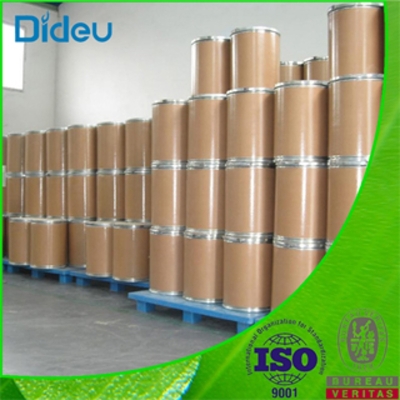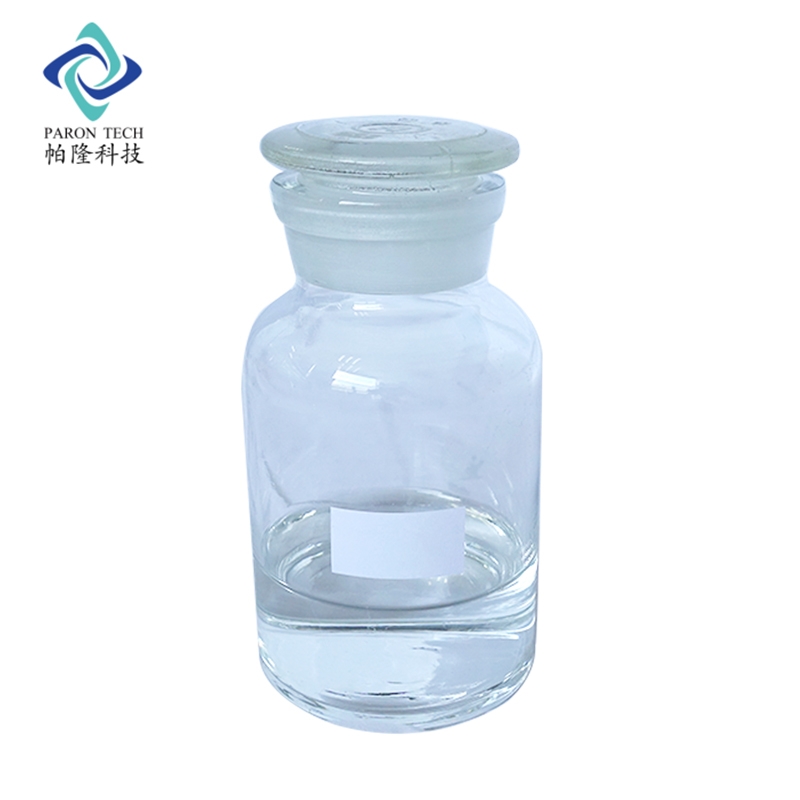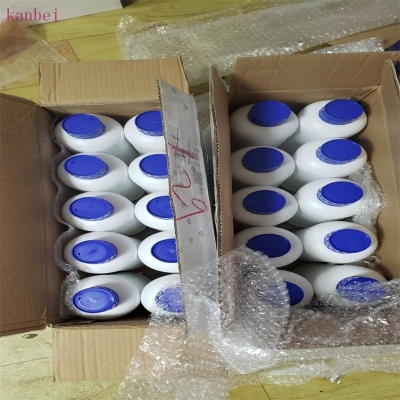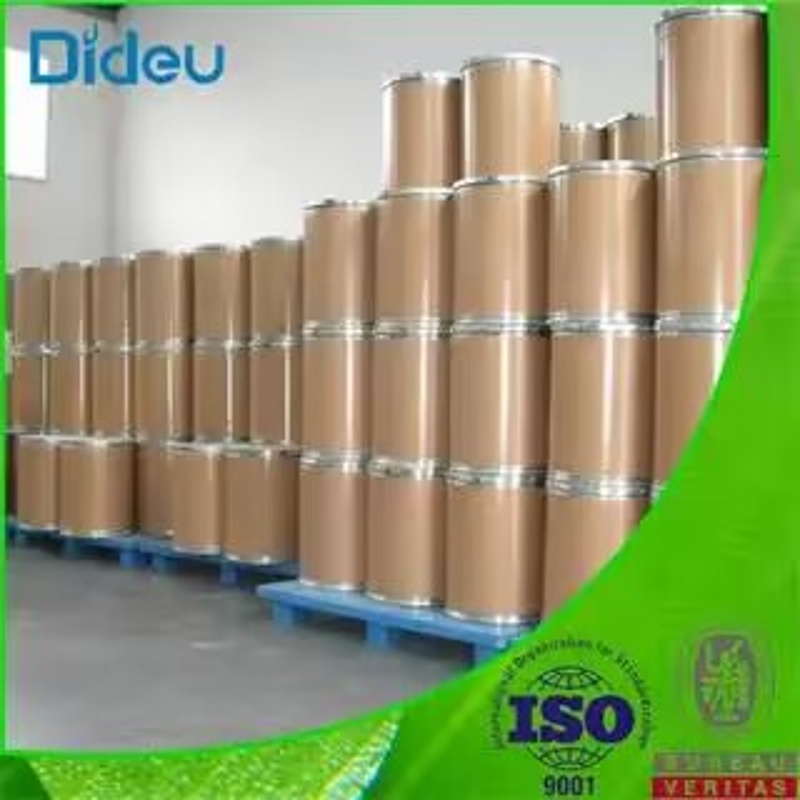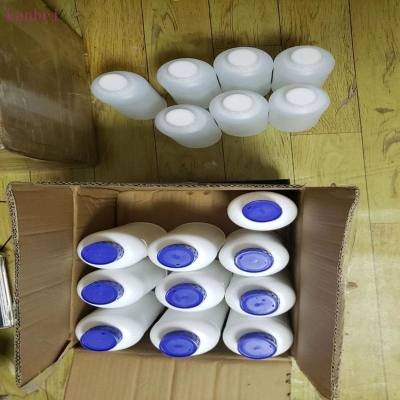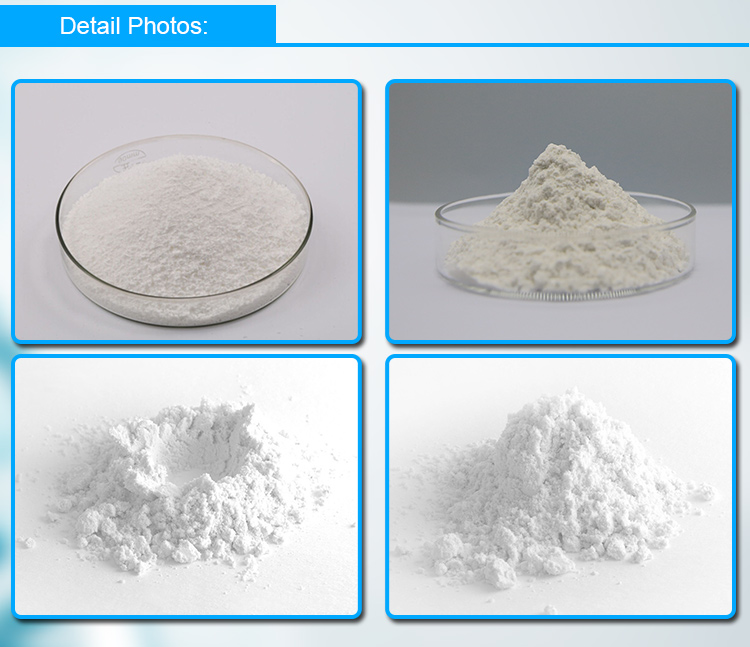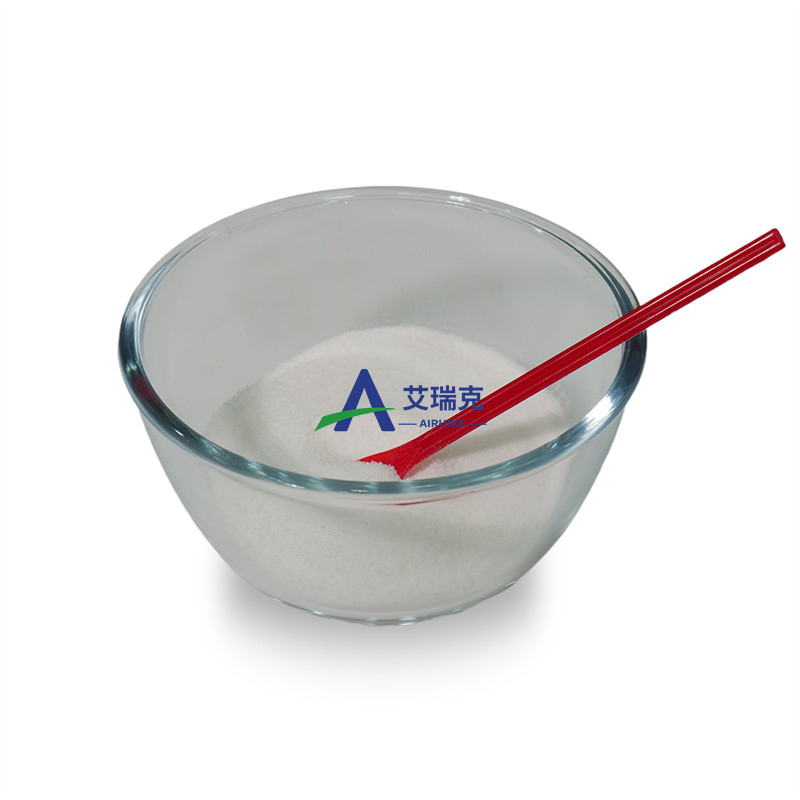Chemical Reagents
- • Deuterated Reagents (124)
- • Organic Reagents (9948)
- • Silane Reagent (852)
- • Chiral Chemicals (23)
- • Grignard Reagent (5)
- • Desulfurizer (20)
Related News
-
What Reagent Is Used To Test For Starch
2022-03-03 -
Meditex Bangladesh2019
2018-11-09 -
International Exhibition for Laboratory Equipment and Chemical Reagents
2017-06-20
Sort Organic Reagents Alphabetically
Organic Reagents
tert-Butyl isocyanate
(1609-86-5)-
Industrial Grade / 99%
-
Industrial Grade / 99%
-
Industrial Grade / 99%
-
Request for quotation , get quotes from more suppliers.
2,3′,3,4′-Biphenyltetracarboxylic dianhydride
(36978-41-3)-
- / 99.00%
-
Pharmaceutical grade / 99%
$10/KG EXW
-
Industrial Grade / 99%
-
Industrial Grade / 98%
Request for quotation , get quotes from more suppliers.
Dioctylamine
(1120-48-5)-
Industrial Grade / 99%
-
- / 99.00%
-
Industrial Grade / 99%
-
Industrial Grade / 98.0%
Request for quotation , get quotes from more suppliers.
1,1-Cyclohexanediaceticanhydride
(1010-26-0)-
Industrial Grade / 99%
-
- / 99.00%
-
![1,1-Cyclohexane diacetic anhydride buy 1,1-Cyclohexane diacetic anhydride]()
Industrial Grade / 99.0%
-
![1,1-Cyclohexane diacetic anhydride buy 1,1-Cyclohexane diacetic anhydride]()
Request for quotation , get quotes from more suppliers.
1,7-Dihydroxynaphthalene
(575-38-2)-
Industrial Grade / 99%
$5-6.5/KG FOB
-
- / 99.00%
-
Pharmacy Grade / 99%
-
Industrial Grade / 99.5%
$1-1.2/MT FOB
Request for quotation , get quotes from more suppliers.
-
- / 99.00%
-
Chemical Grade / 99%
$12-15/KG FOB
-
Industrial Grade / 99%
-
![Ethyl isothiocyanate buy Ethyl isothiocyanate]()
Industrial Grade / 99%
Request for quotation , get quotes from more suppliers.
Heptadecanoic acid
(506-12-7)-
Pharmacy Grade / 99%
-
Pharmacy Grade / 99%
$10/KG EXW
-
Pharmacy Grade / 99%
-
Industrial Grade / 99%
Request for quotation , get quotes from more suppliers.
Pyridine-borane
(110-51-0)-
- / 99.00%
-
Pharmacy Grade / -
$1111-9999/UNIT EXW
-
![Borane-pyridine complex buy Borane-pyridine complex]()
Industrial Grade / 99.0%
-
![Borane-pyridine complex buy Borane-pyridine complex]()
Request for quotation , get quotes from more suppliers.
2,4-Pyridinedicarboxylic acid
(499-80-9)-
Reagent Grade / 99%
-
- / 99.00%
-
Industrial Grade / 99%
-
Pharmacy Grade / 99%
Request for quotation , get quotes from more suppliers.
(±)-Mercaptosuccinic acid
(70-49-5)-
Industrial Grade / 99%
-
- / 99.00%
-
- / 99%
-
Pharmacy Grade / 0%
Request for quotation , get quotes from more suppliers.
Source Organic Reagents Raw Materials by Region
More Information
Organic reagents, which are essential in many branches of chemistry, are the main actors in organic transformations and synthesis. These organic chemistry reagents are very important in building large molecules and are involved in reactions that include oxidation, reduction, substitution and polymerisation. Some of the most commonly used organic reagents include acids, bases and solvents all of which play different roles in chemical reactions. In many industries for instance the pharmaceutical industry, agriculture and materials science, these reagents have played a major role in developing new products and technologies.
Applications of organic reagents include:
● Pharmaceutical drug synthesis
● Agrochemical production
● Polymer manufacturing
● Dye and pigment creation
● Catalysts in industrial applications
● Fine chemical development










